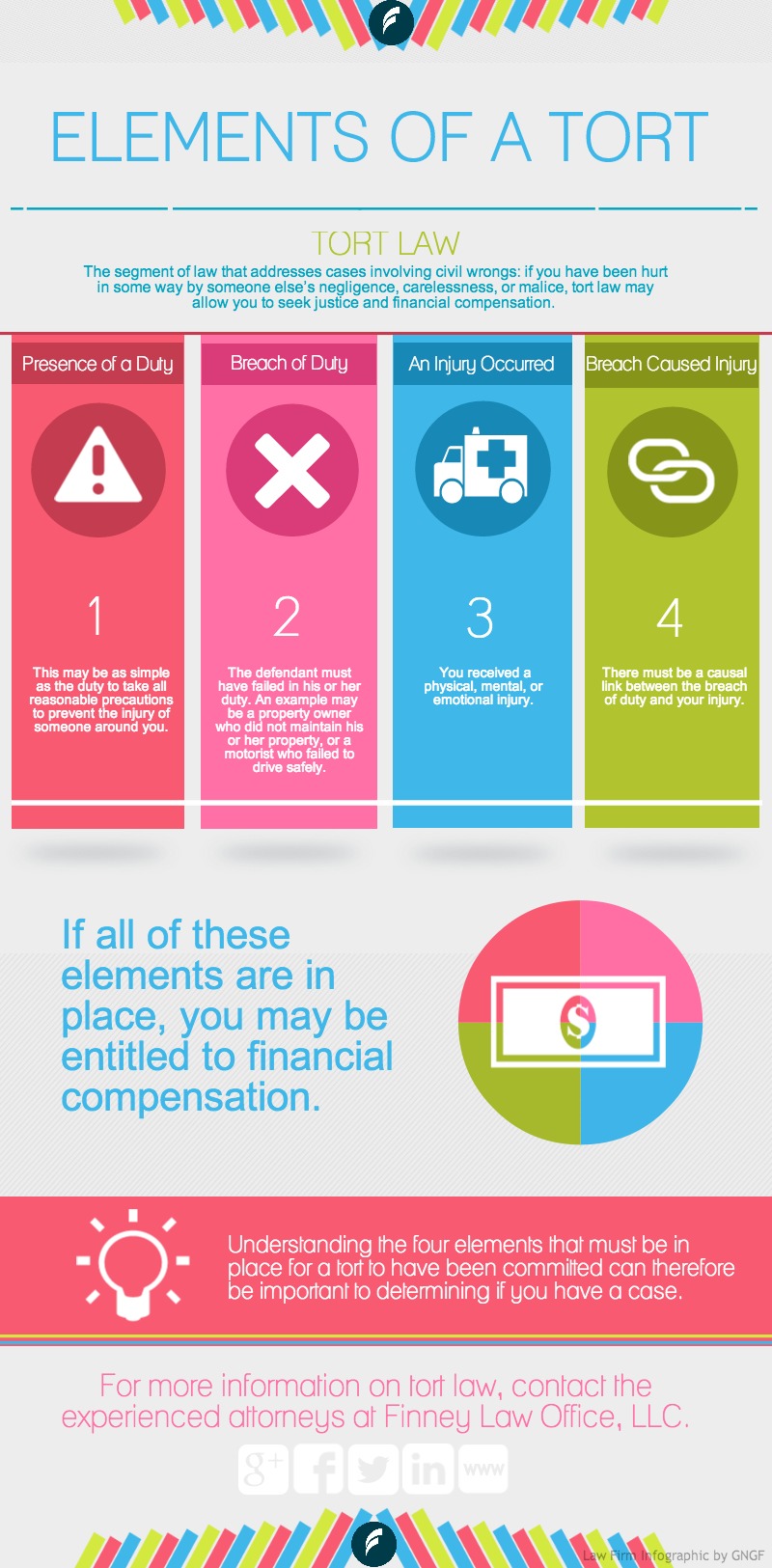Landlord-Tenant Regulation: A Property Attorney'S Overview
Landlord-Tenant Regulation: A Property Attorney'S Overview
Blog Article
Short Article By-Calderon Hansen
When it concerns landlord-tenant regulation, knowing your rights and obligations is essential for both celebrations. linked internet page might think you have a solid grasp on the basics, however there are commonly nuances that can catch you off guard. Whether you're a property owner managing a residential property or a lessee looking for a stable home, understanding the lawful landscape can make all the distinction. What could amaze you are the complexities associated with browsing disputes and expulsion processes.
Understanding Lessee Legal Rights and Responsibilities
When you rent out a residential or commercial property, it's important to understand your legal rights and obligations as a renter. You deserve to a secure and habitable living environment, implying your landlord should preserve crucial services like home heating, pipes, and electrical power.
You're also entitled to personal privacy; proprietors usually require to give notification prior to entering your system.
On the other side, you are accountable for paying lease on schedule, maintaining the property clean, and not creating damage past typical deterioration.
Familiarize yourself with your lease contract, as it details specific guidelines and commitments. Being aware of these facets not just secures you however likewise fosters a favorable relationship with your property owner.
Keep notified, and you'll navigate your tenancy more effectively.
Key Property Manager Commitments and Lawful Factors To Consider
While you may know your legal rights as a renter, it's similarly essential to comprehend your property manager's commitments.
Landlords have to offer a secure and habitable living setting, making certain that essential systems like home heating, plumbing, and electrical power are in working order. They're also in charge of making necessary repair services without delay and sticking to regional building regulations.
Furthermore, landlords need to value your personal privacy by giving correct notification prior to entering your device, typically 24 hours. They need to handle security deposits according to state regulations, including returning them without delay after you move out, minus any authorized deductions.
Recognizing these obligations can help you maintain a positive connection with your landlord and guarantee your living circumstance satisfies lawful requirements.
Browsing Conflicts and Eviction Procedures
Conflicts between landlords and lessees can emerge suddenly, making it vital for you to comprehend the procedures involved in solving them.
Initially, just click the next website is key-- attempt to talk about problems directly to find a concession. If that stops working, acquaint on your own with your regional laws pertaining to disputes and eviction. Paper whatever: maintain records of communications, payments, and any infractions.
If expulsion comes to be needed, guarantee you follow the legal actions called for in your location, which commonly consists of offering composed notice and a particular timeframe for resolution.
Be prepared to go to court if the circumstance escalates, maybe your only recourse. Understanding these procedures will assist you navigate disputes better and secure your legal rights as either a property owner or occupant.
Conclusion
In recap, comprehending landlord-tenant law is vital for both celebrations associated with a rental contract. By knowing your civil liberties and responsibilities, you can promote a much better living environment and avoid conflicts. If conflicts emerge, keep in mind that a real estate lawyer can assist direct you with the complexities of eviction procedures and lawful commitments. Remaining notified and proactive will guarantee a smoother rental experience, whether you're a property owner or a lessee.
